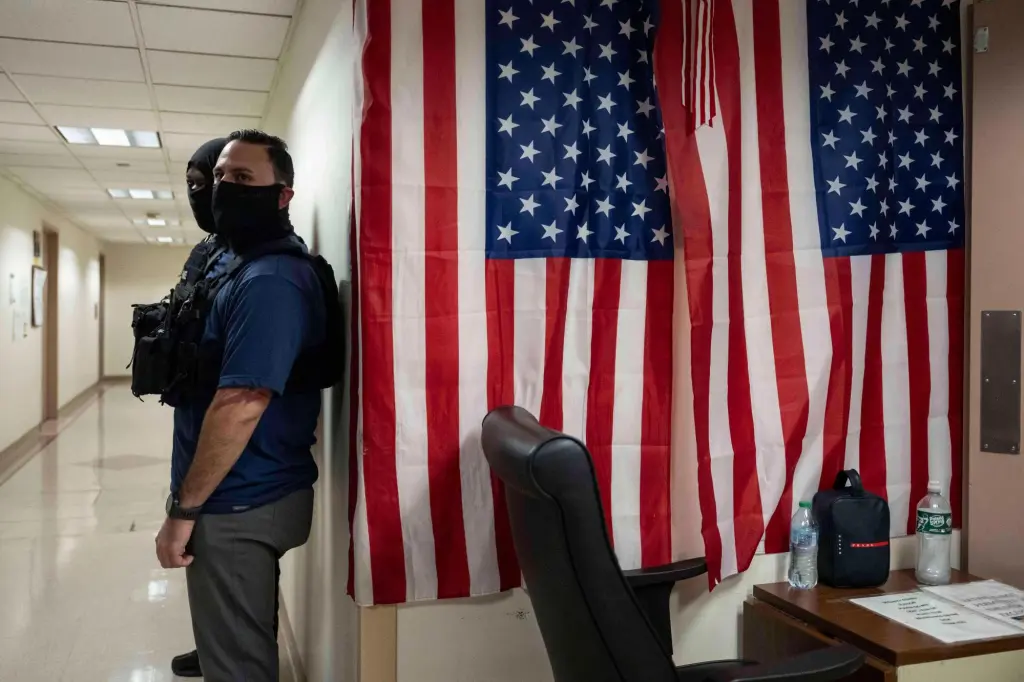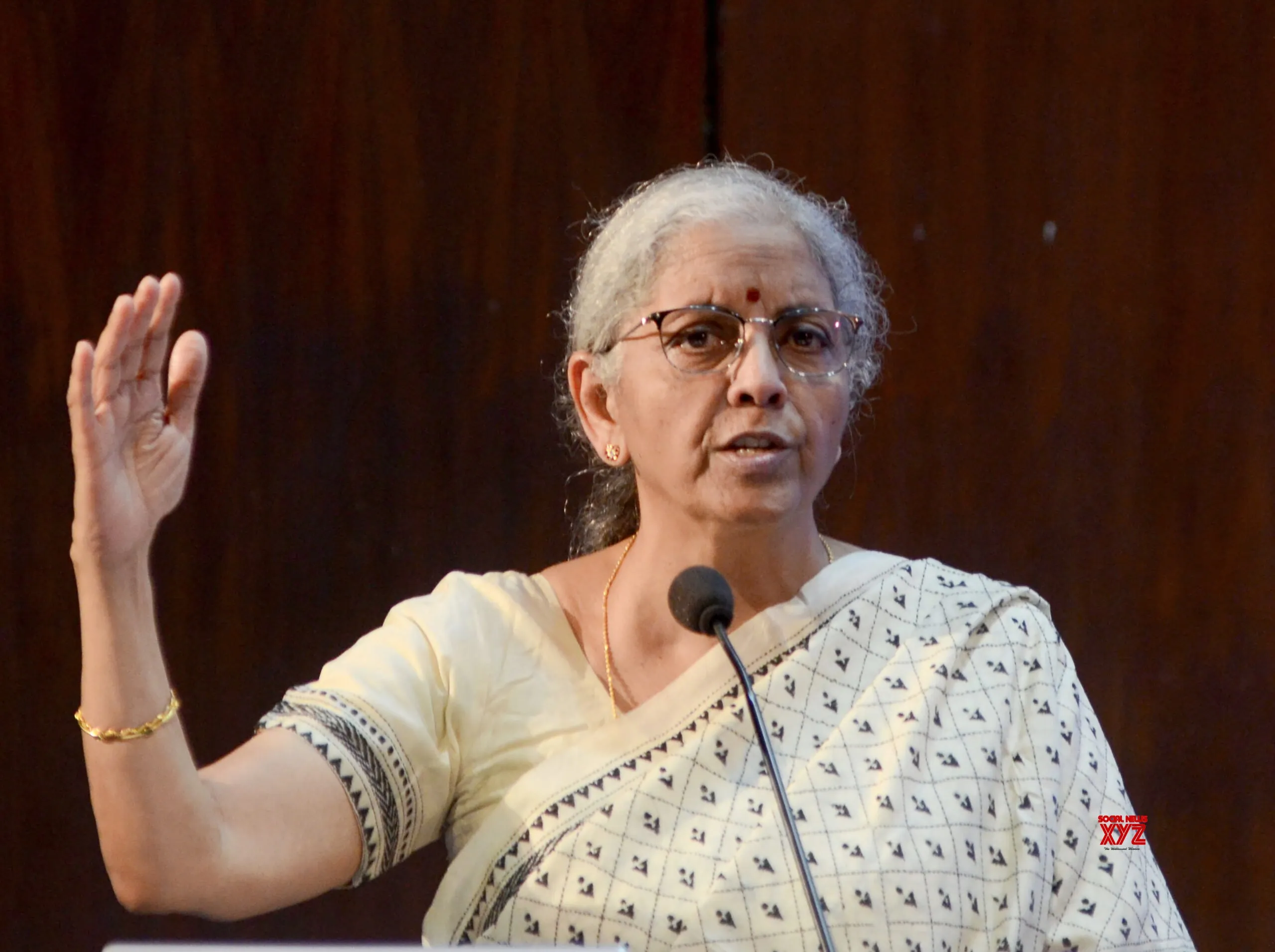
To place an obituary, please include the information from the obituary checklist below in an email to obits@pioneerpress.com. There is no option to place them through our website. Feel free to contact our obituary desk at 651-228-5263 with any questions.
General Information:
Your full name,
Address (City, State, Zip Code),
Phone number,
And an alternate phone number (if any)
Obituary Specification:
Name of Deceased,
Obituary Text,
A photo in a JPEG or PDF file is preferable, TIF and other files are accepted, we will contact you if there are any issues with the photo.
Ad Run dates
There is a discount for running more than one day, but this must be scheduled on the first run date to apply.
If a photo is used, it must be used for both days for the discount to apply, contact us for more information.
Policies:
Verification of Death:
In order to publish obituaries a name and phone number of funeral home/cremation society is required. We must contact the funeral home/cremation society handling the arrangements during their business hours to verify the death. If the body of the deceased has been donated to the University of Minnesota Anatomy Bequest Program, or a similar program, their phone number is required for verification.
Please allow enough time to contact them especially during their limited weekend hours.
A death certificate is also acceptable for this purpose but only one of these two options are necessary.
Guestbook and Outside Websites:
We are not allowed to reference other media sources with a guestbook or an obituary placed elsewhere when placing an obituary in print and online. We may place a website for a funeral home or a family email for contact instead; contact us with any questions regarding this matter.
Obituary Process:
Once your submission is completed, we will fax or email a proof for review prior to publication in the newspaper. This proof includes price and days the notice is scheduled to appear.
Please review the proof carefully. We must be notified of errors or changes before the notice appears in the Pioneer Press based on each day’s deadlines.
After publication, we will not be responsible for errors that may occur after final proofing.
Online:
Changes to an online obituary can be handled through the obituary desk. Call us with further questions.
Payment Procedure:
Pre-payment is required for all obituary notices prior to publication by the deadline specified below in our deadline schedule. Please call 651-228-5263 with your payment information after you have received the proof and approved its contents.
Credit Card: Payment accepted by phone only due to PCI (Payment Card Industry) regulations
EFT: Check by phone. Please provide your routing number and account number.
Cash: Accepted at our FRONT COUNTER Monday – Friday from 8:00AM – 3:30PM
Rates:
The minimum charge is $162 for the first 10 lines.
Every line after the first 10 is $12.20.
If the ad is under 10 lines it will be charged the minimum rate of $162.
On a second run date, the lines are $8.20 per line, starting w/ the first line.
For example: if first run date was 20 lines the cost would be $164.
Each photo published is $125 per day.
For example: 2 photos in the paper on 2 days would be 4 photo charges at $500.
Deadlines:
Please follow deadline times to ensure your obituary is published on the day requested.
Hours
Deadline (no exceptions)
Ad
Photos
MEMORIAM (NON-OBITUARY) REQUEST
Unlike an obituary, Memoriam submissions are remembrances of a loved one who has passed. The rates for a memoriam differ from obituaries.
Please call or email us for more memoriam information
Please call 651-228-5280 for more information.
HOURS: Monday – Friday 8:00AM – 5:00PM (CLOSED WEEKENDS and HOLIDAYS)
Please submit your memoriam ad to memoriams@pioneerpress.com or call 651-228-5280.
By JULIE WATSON and AMY TAXIN, Associated Press
SAN DIEGO (AP) — The Trump administration is tapping National Guard and Army Reserve lawyers to be temporary immigration judges after firing dozens of existing judges, the latest step in a broader plan that experts warn could harm immigration courts and the military justice system.
Training for the first group of Army lawyers begins Monday and training for the second group is expected to start in the spring, several former and current military reserve lawyers said they were told. Roughly 100 Army Reserve lawyers are expected to participate, with 50 beginning a nearly six-month assignment immediately after their training, according to a Sept. 3 email sent to an Army Reserve attorney and reviewed by The Associated Press.
The administration wants to bring in as many as 600 military-trained attorneys to help make decisions about which immigrants can stay in the country. Advocates are alarmed by the move to use military lawyers to bolster staffing in the backlogged immigration courts as President Donald Trump’s administration ramps up immigration arrests.
Those courts have yearslong waits for hearings, and the number of pending cases has more than doubled in the past four years to 3.4 million.
Both the Army and National Guard said they hope to fill the assignments with volunteers.
“This assignment provides the opportunity to gain judicial experience in a high tempo, nationally significant setting,” an email sent to members of the Army’s Reserve Legal Command stated, adding that locations and other details will be released later.
A notification seeking volunteers sent Sept. 6 to active-duty and reserve National Guard members said “ideal candidates will possess experience in administrative law, immigration law, service as a military judge” or a related field. Applicants should have sound judgment, impartiality and a “suitable temperament for the role,” it said.
The Trump administration increasingly has turned to the military to support its crackdown on illegal immigration. That has included troops patrolling the U.S.-Mexico border, National Guard members being sent into U.S. cities to support immigration enforcement efforts, housing people awaiting deportation on military bases, and using military aircraft to carry out deportations.
Concerns over lack of training
Immigration judges each manage hundreds or thousands of cases, deciding who gets asylum and green cards to stay in the U.S. Their rulings shape both the lives of immigrant families and the success of Trump’s crackdown.
Some immigration and military law experts are concerned the reservists will be put in the job without enough training or experience after more than 100 immigration judges were fired or left.
With only about 600 immigration judges remaining, the Pentagon move would double their ranks. Trump’s sweeping new tax and spending law provided $170 billion for immigration enforcement, including the hiring of 10,000 Immigration and Customs Enforcement employees, but it caps the number of permanent immigration judges at 800.
“They’re letting a lot of experienced judges go, terminating them with no notice, and yet they claim that there’s a shortage so they need to have these military JAG officers step in and take over,” said Margaret Stock, a retired Army lieutenant colonel and immigration lawyer.
Of particular concern, the administration is not requiring experience as an administrative law judge or in immigration law as in the past, she said. Stock has taught seminars on immigration law at West Point but said military lawyers learn only a minimal amount to be able to help fellow service members with things like visas for spouses or children.
“Immigration law is super technical and complicated,” she said. “It’s worse than tax law, and it’s constantly changing. And it has its own terminology, its own rules that don’t make any sense.”
Immigration judges come from a range of legal backgrounds, including the military, the Justice Department, immigration enforcement agencies, and private practice. The government previously required applicants to have seven years’ experience before undergoing a lengthy hiring process, then six weeks of training followed by a two-year probation period.
Until now, temporary judges needed 10 years of legal experience in immigration, and were often retired immigration judges, according to the government’s rule laying out the new plan.
The Defense Department did not return an email seeking comment. The Executive Office for Immigration Review, which runs the immigration courts, declined to comment. In the rule, the agency wrote that many successful immigration judges had little experience in immigration law before taking the job.
“Immigration law experience is not always a strong predictor of success,” the rule said.
In the military, an attorney is known as a judge advocate general, or JAG. They study at accredited law schools and pass the bar exam before going into a military law program for just over two months. They sometimes work as special assistants to U.S. attorneys and gather evidence to prosecute criminal cases, much like civilian prosecutors do, said Mark Nevitt, a former Navy JAG and associate professor at Emory University School of Law.
“They are some of the greatest lawyers you’ll meet in the national security world,” but this will require they “get up to speed pretty quickly on a complex body of law and then adjudicate matters and claims as a judge,” Nevitt said.
Matt Biggs, president of a federal employee union that represents immigration judges, said tapping lawyers with little or no immigration experience to hear these complex, high-stakes cases will likely do more harm than good.
“It will lead to more appeals of decisions. It will further increase the backlog. It’s going to be an inefficient and costly endeavor,” Biggs said. “It sets a dangerous precedent in this country when it comes to due process protections.”
Gregory Chen of the American Immigration Lawyers Association said the Justice Department is “watering down the qualifications of those it will empower to make life-or-death decisions.”
He also worries the administration will hold too much sway over the temporary hires. The permanent judges are government employees with civil service protections.
Democrats have questioned the plan’s legality
Some Democratic senators have warned the Pentagon plan may violate the Posse Comitatus Act, which bans service members from carrying out law enforcement duties, and fear taking away the JAGs could harm the military justice system. They sent a letter to the offices of the top military lawyers for the four services, asking where the roughly 600 lawyers will be coming from and what legal analysis the military has conducted.
A Pentagon memo describing the plan said the appointments should be for no longer than six months. The memo also said the Justice Department would be responsible for ensuring the military lawyers don’t violate the Posse Comitatus Act.
If the military lawyers serve entirely under civilian personnel then it could be legal, Nevitt said, but it’s unclear.
Some immigrant advocates believe the administration is presuming military lawyers are more likely to deny cases to meet Trump’s deportation goals.
But Greg Rinckey, a former Army lawyer who is now in private practice, said that assumption is wrong.
“They will not rubber stamp because most of us have served as defense counsel,” he said. “We’re not all government hacks.”
A number of his friends who are Army Reserve JAGs have signed up because they are interested in immigration law and want to serve a national need, he said.
“And also it’s a way to put something else on your resume — that you served as a judge.”
Taxin reported from Santa Ana, California. Konstantin Toropin in Washington also contributed.
Originally Published: October 3, 2025 at 10:38 AM CDT



